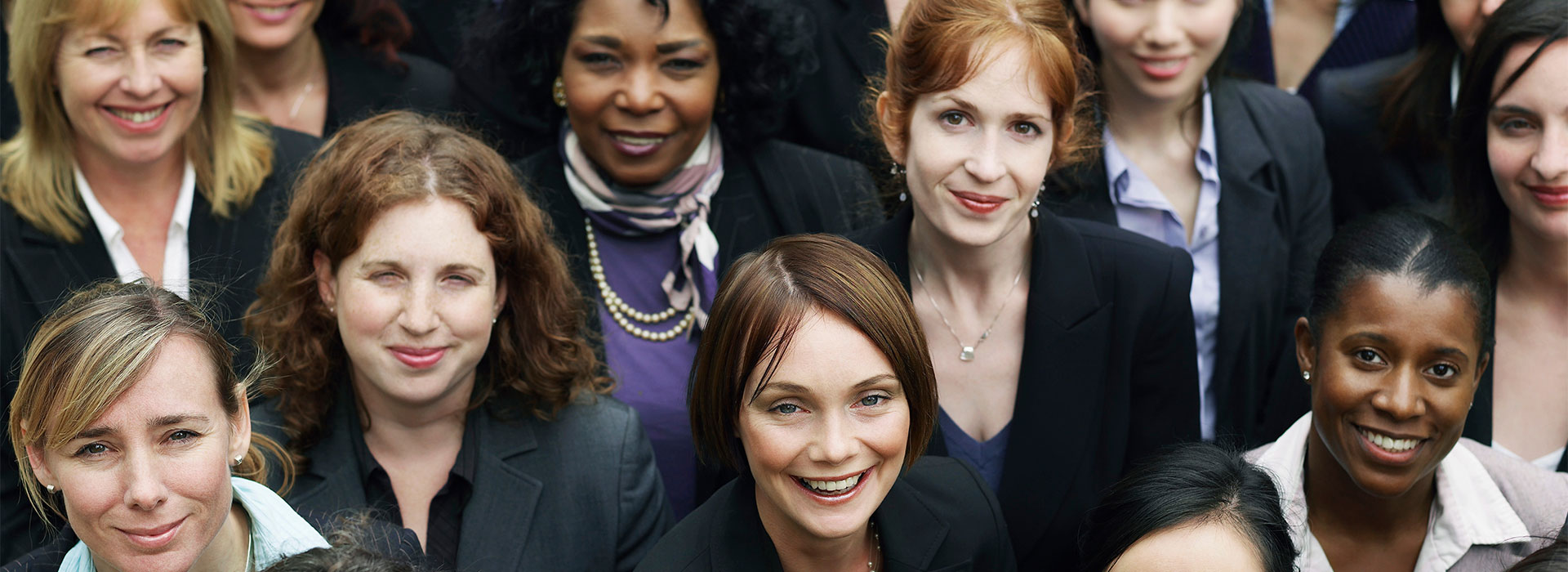Maria Pia De Caro: Safety of the Body and Mind
With a passion for safety and a campaigner for cultural change, Maria Pia De Caro, Vice President, Home Care Supply Chain, Europe and Safety Sponsor at Unilever talks to dss+ about her personal views on taking a more holistic approach to safety, why diversity is essential, and how acceptance can lead to psychosocial risk.


Maria Pia De Caro
Vice President, Home Care Supply Chain, Europe and Safety Sponsor. Unilever
Q.
Where does your passion for workplace safety come from, and how did you first get involved?
involved? Initially, I was an engineer, and then I moved into an operational role. I was overseeing an inspection of a blocked silo and was completely taken aback by the level of danger the workers were willing to put themselves under to do their job. I vowed then to use that experience to fix the culture whereby workers could even be allowed to ignore safety procedures. Since then, safety has been a top priority for me. Not least because I eventually married the man putting his life at risk that day to undertake the inspection; so I can hardly forget!
Q.
You are a great role model for women achieving their potential. What do you think needs to be done to encourage more diversity in safety leadership roles?
Diversity of thought is extremely important. Whether it's women, men or different cultures, we are all wired differently and approach problem-solving in distinct ways. If you don't have a fair representation of diversity in your business, it can result in narrow solutions and poor outcomes. Too many overlapping competencies, particularly at leadership level, lack the breadth of experiences required to explore and challenge solutions. We must be vocal about the number of women in leadership roles or the level of cultural diversity, whether it's in our own company, supply chain or industry. We need to create more robust networks that support and celebrate diversity in safety roles throughout our ecosystem.
"If you don't have a fair representation of diversity in your business, it can result in narrow solutions and poor outcomes."
– Maria Pia De Caro, Vice President, Home Care Supply Chain, Europe and Safety Sponsor. Unilever
Q.
When it comes to safety, you identify yourself as a campaigner for cultural change. How has that developed?
What strikes me about safety is that it is not so much about the systems or the processes; it is also about the culture. For example, if you have a culture whereby workers are rewarded for not stopping systems, you will inevitably have people running around factories to patch problems and avoid stoppages. This behaviour presents a safety issue in itself. I felt by embarking on autonomous and preventive maintenance it would greatly reduce the reasons for people having to run around. So while it was a process change, it also represented a cultural change. People then started to put their positive energies into resolving issues and making the department better, rather than merely completing actions. Workers were much happier with the results, and safety was improved.
Q.
So are you firmly in the camp of "a happier workforce is a safer workforce"?
I believe that everyone comes to work willing to do their best and willing to give the best of themselves. If they don't, it's the failure of leaders to unlock their potential. You cannot be at your best if you're stressed; if your work environment's design does not allow you to express your creativity or you don't have a clear pathway to growth and learning. In that sense, manufacturing facilities need to be designed for the operators by the operators. So the organisation needs to be an inverted pyramid where the plant manager is at the bottom of the pyramid and is the one that supports and develops. It's called ‘servant leadership,' a philosophy and set of practices that enrich individuals' lives and build better organisations. If people perceive that their boss puts them at the centre of things, they feel more connected and fulfilled in the workplace. Of course, it's an approach that also puts the responsibility on leaders and supervisors to fulfil the expectations that servant leadership requires. This is not an easy cultural change to make, less so during COVID, which has seen an increased lack of connection.
"We must be vocal about the number of women in leadership roles and the level of cultural diversity."
– Maria Pia De Caro, Vice President, Home Care Supply Chain, Europe and Safety Sponsor. Unilever
Q.
From a psychosocial risk perspective, do you think COVID has changed how we perceive the connection between home and the workplace?
I think the psychosocial effects of COVID are probably more significant than we can grasp at the moment, particularly for those working in offices. Working from home more means we have had to redefine family life and relationships and take on board the lack of separation between home and work life. It is a game-changer that has had an indirect impact on overall productivity, for better or for worse. Either way, I think it has opened our eyes to the importance of achieving the right work/life balance.
Q.
How can we ensure that our understanding of psychosocial risk becomes a more integrated part of safety programmes?
We need to think about workplaces more holistically by looking at the safety of body and mind. Taking a tick box approach to mental health issues, for example, means they won't be taken seriously by employees. For any wellbeing programme to be effective, the employee needs to know and feel they are a valued part of the business, and that managers and leaders are taking action because they genuinely care. Exercises to monitor mental health are only meaningful to employees if leaders take steps to change what is making the workplace miserable for them. Part of this is ensuring that machines and processes are designed with the employee in mind. Unfortunately, the design of processes and systems is often done with a lack of first-hand experience of operational issues. We need to show more humility in involving employees in system design and process mapping. At the same time, employees need to be less accepting of situations which are impacting safety or causing stress. Often, due to a design fault, it means they have tolerated the situation for so long they no longer see it as a problem. Leaders tend to focus on significant and obvious safety issues, but sometimes the slow creep of less visible safety and psychosocial safety issues can be equally problematic.
"We need to think about workplaces more holistically by looking at the safety of body and mind. "
– Maria Pia De Caro, Vice President, Home Care Supply Chain, Europe and Safety Sponsor. Unilever
Q.
Can we achieve a more holistic approach to safety? What is your vision?
So I think for manufacturing environments, we need to go back and restore the basics first and foremost. I'm referring to Galbraith's organisational performance model, whereby restoring the basics means creating operations where machines only stop when we want them to stop; and designed for the operators by the operators. It's all about investing in people and trusting in their capabilities. If we want a safe and productive organisation, we need to treat human capital with respect. Now, in terms of automising and digitising processes the speed of technological change means processes often change quickly, without spending sufficient time understanding who is doing what, when, and how, as well as the impact on the rest of the production chain. If we can resolve these fundamental issues, people will have more creative and positive energy to focus on helping the business flourish. Of course, this relies on changing the command and control culture to one where leaders support employees' needs. But if we can achieve it, the workplace will be more a more productive place and a happier and safer one.